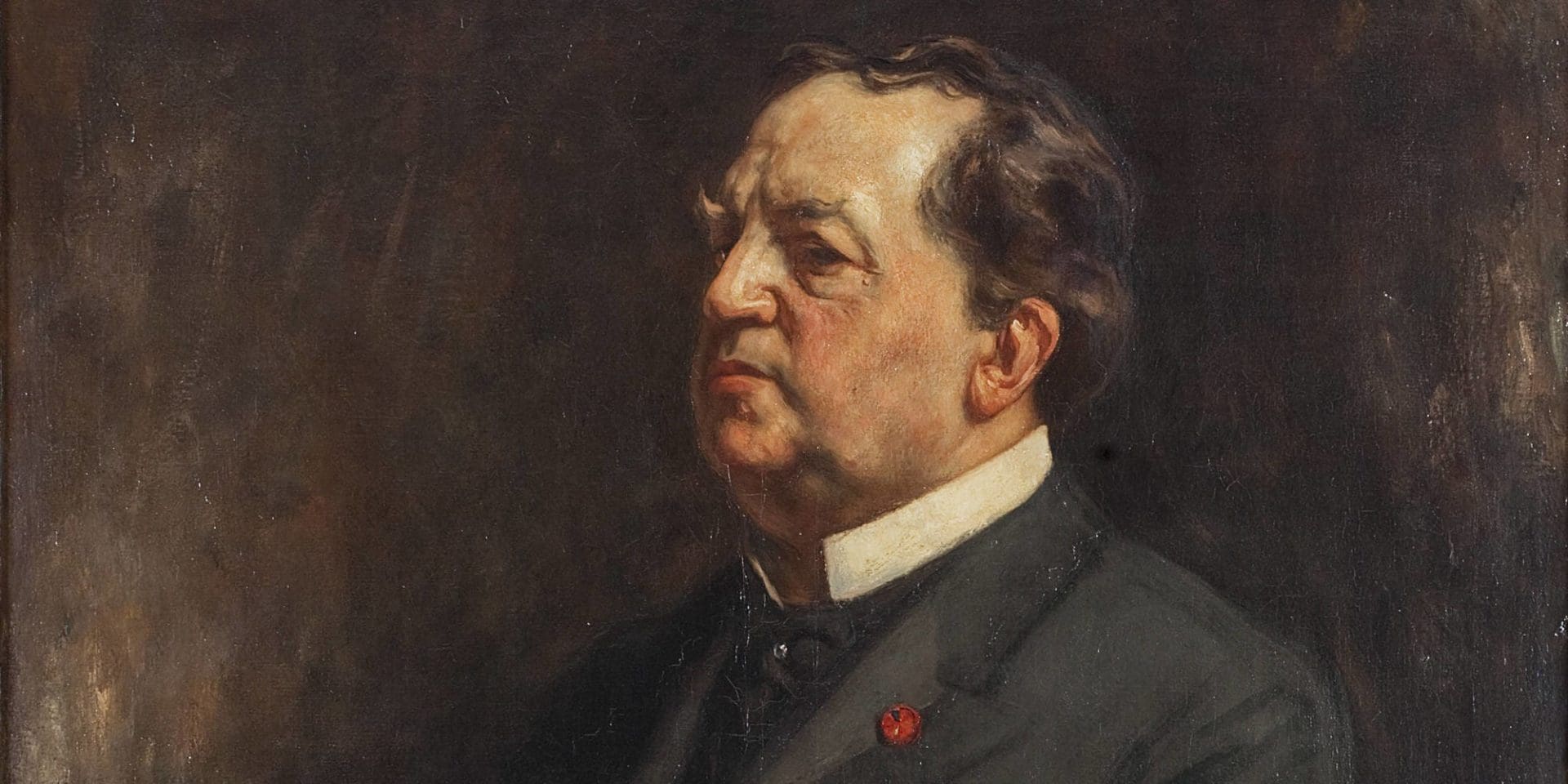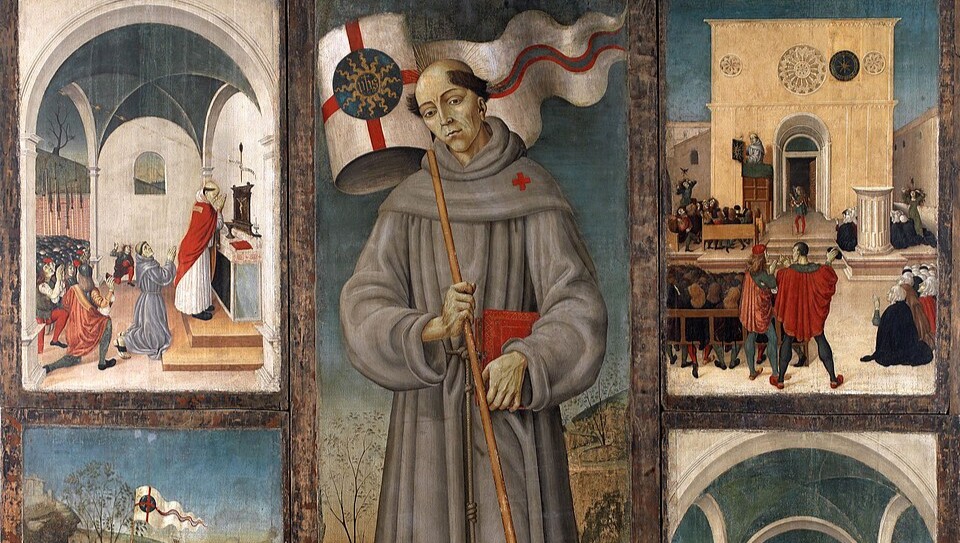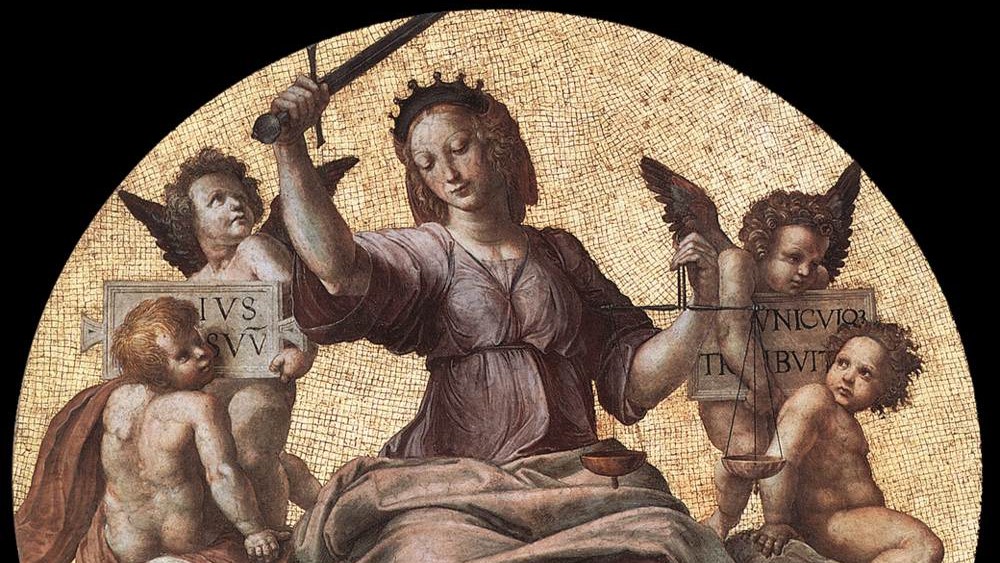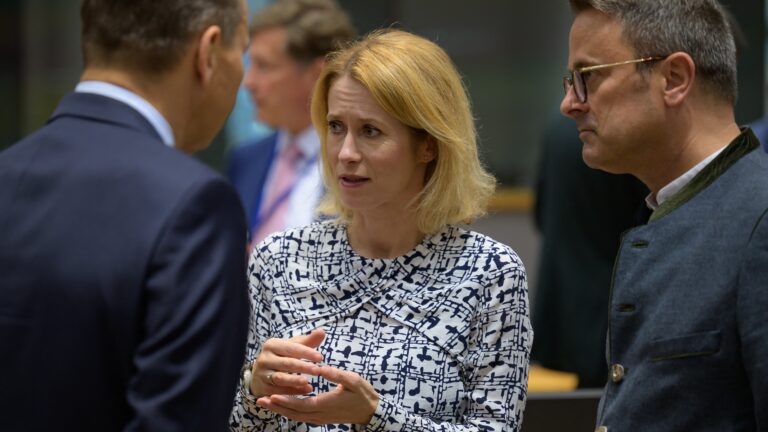How should Christians turn towards modern politics? What are their obligations in contemporary public life? Which Christian values should be endorsed in the framework of modern democracy? And which political instruments are permitted to attain them? Obviously, in the past centuries, several Christian philosophers, theologians, and politicians wished to provide answers to these crucial questions. The present series of articles intends to renew the interest in these authors facilitated by two main factors. First, we believe that these authors receive less attention than they deserve. We do not doubt the richness of academic literature on them (since most of them attract serious research interest), but we argue that there is a lack of discussion on their ideas in the public sphere. Second, we believe that if someone wishes to find answers to the questions raised above should be able to research acknowledged theologians and philosophers who are immersed in the wisdom of Christian faith and who based their political arguments on those insights. Consequently, a few political insights from “theologians” of modern politics will be presented with a special focus on the Christian source of their thought. We hope that these short introductions will increase the public interest in these inspirational figures.
The first author we introduce is Abraham Kuyper (1837–1920),
whose “professions” and positions are already challenging to be enlisted. He was a pastor, a Neo-Calvinist theologian, a leading politician (the prime minister of the Netherlands, the leader of the Anti-Revolutionary Party), and a determined organizer of the Dutch public and religious sphere, as well as the organizer of the Dutch Reformed Church, a journalist, the founder and first editor-in-chief of De Standaard, a decisive figure of the Dutch “school struggle”, the founder and first Rector of Vrije Universiteit. Largely based on his Stone Lectures #1 presented at Princeton University, this article focuses on Kuyper’s anti-modernism, which had a robust influence on politics, but was equally well-grounded theologically.
Kuyper believed that Calvinism was so comprehensive that it was easily comparable with other life systems and worldviews, such as Paganism, “Romanism”, Buddhism and Modernism. He believed that Calvinism was not just on the same level, but—in several aspects—it provided better answers to crucial religious, scientific, or political questions and dilemmas. Concerning his era and the future, probably the greatest clash or antithesis he envisioned, and in which he played an apologetic role, was between Calvinism (or more broadly Christianity) and Modernism. But when did Modernism occur? Why is it corrupted? And why does it pose a serious threat to Christianity?
Similarly to many other Christian or conservative scholars, Kuyper treated 1789 as a turning point in history #2. Even though he opposed rapid, inorganic changes and his movement was called anti-revolutionary, Kuyper’s primal concern was not the revolutionary nature of the French events. If it was God’s intention to overthrow the tyranny of the Bourbons and to judge those who abused their powers on the nation by the means of a revolution, it might have been a fruitful circumstance – he writes. The problem was more the “anti-Christianity” of the Revolution: ‘Voltaire’s mad cry, “Down with the scoundrel”, was aimed at Christ himself (…) The fanatic outcry of another philosopher, “We no more need a God,” and the odious shibboleth, “No God, no Master,” of the Convention; – these were the sacrilegious watchwords which at that time heralded the liberation of man as an emancipation from all Divine Authority.’#3 For the leaders of the French revolutions, God was mediated through the Romish Church, and in the attempt to get rid of the Church they also declared war against God and every religious confession – argues Kuyper.
(that God is the highest authority) led to questioning everything that was formerly on Christian grounds, and these ideas began to spread all over Europe and America. God was first expulsed from the state, society, and science, and then—under the disguise of pantheism and agnosticism—from practical and theoretical life. As Kuyper suggests, this phenomenon stemmed from several factors, but one of them was human pride; instead of humble reverence towards God, humans began to glorify themselves and lost communion with their Creator. For Kuyper, it is not just a clash of theory, since these ideas define the historical routes that nations follow. From the French Revolution and its atheistic nature, nothing fruitful came for 19th-century France, while in those countries where Calvinist ideas prevailed (England, Holland, America) the development was much more visible.
Eradiating one of the central claims of Christianity
It is also conspicuous how Kuyper repeatedly highlights the religious nature of Modernism which is an all-encompassing worldview that has its picture of God#4, the world and humans. In the latest case, the difference between Christian and Modern ideas could not be greater. Kuyper claimed that not uniformity but endless multiformity is among individuals. Man and woman, just like physical and spiritual gifts/talent and social positions highly differ. Still, it does not lead to the dominion of individuals over individuals in Calvinism since everyone is created in God’s likeness, and before God everyone, as a creature of God, and as a lost sinner, is equal. In short#5, this leads to the Calvinistic acknowledgment of the democratic framework which paves the way to personal and communal liberties. In this context, everyone has the possibility to move towards God in his ways and this plurality should not be endangered by the state or by the majority of the people. Kuyper argues that Modernism is, on the other hand, ‘denies and abolishes every difference, cannot rest until it has made woman man and man woman, and, putting every distinction on a common level, kills life by placing it under the ban of uniformity. One type must answer for all, one uniform, one position and one and the same development of life; and whatever goes beyond and above it, is looked upon as an insult to the common consciousness.’#6
But how should Christians combat this all-embracing worldview?
First of all, not by condemning everything new; Modernism should not be swept away because it appeared later in the flow of history. Kuyper’s answer is not the traditional reactionism that is interested in the status quo (which stance dominated most of the 19th-century political Catholicism). At least two principle ideas were the basis of this perspective. First, Kuyper thought that Modernism is not modern, in a sense that it stems from ancient ideas, for instance, the Stoa and Epicurus. Second, he hoped that the ideas of Calvinism might overcome Modernism and would flourish in the future (which inherently contains the idea that new things, in themselves, are not evil). So what is the solution if not this? For the victory, Calvinism should be a principle for all areas of life, it should be a vivid worldview that is an alternative to Modernism. He pointed to the responsibility of Christians when he wrote that ‘all those who reverently bend the knee to Christ and worship Him as the Son of the living God, and God himself, are bent upon saving the “Christian Heritage.’#7Kuyper did not “offer” a new political ideology, or a political utopia, Calvinism is not something that should be invented since it is already a part of history. What is new is the strong determination of Kuyper that Calvinism should not be treated solely as a religious denomination; it should reach out from the religious/spiritual realm and should be present in all areas of life including politics, science and culture.
Concerning the fact that Kuyper was both a leading politician and a qualified theologian, one additional note should be added. Political measures like forming alliances, creating and realizing political strategies, or spreading ideas through political communication were not negligible by Kuyper in order to lead Calvinism, and more broadly, Christianity to victory. Several sources highlight that Kuyper’s idea concerning the broadening of democracy resulted in building a relatively stable voter base in the middle-classes for his party. Moreover, even as a harsh critic of “Romanism” he was ready to build relations with Catholics to fight against Modernism and its representatives (like liberals or social democrats), and the idea of “sphere sovereignty” was also instrumental for the Christian school movement. Yet, based on the Stone Lectures, these are not enough to defend the “Christian Heritage” from the danger of Modernism. Not political shrewdness, networking, and slogans but living Christian faith and union with God are the main sources and facilitators of the large-scale change. His related words should conclude the article: ‘In prayer lies not only our unity with God but also the unity of our personal life. Movements in history, therefore, which do not spring from this deepest source are always partial and transient, and only those historical acts which arose from these lowest depths of man’s personal existence embrace the whole of life and possess the required permanence.’#8








